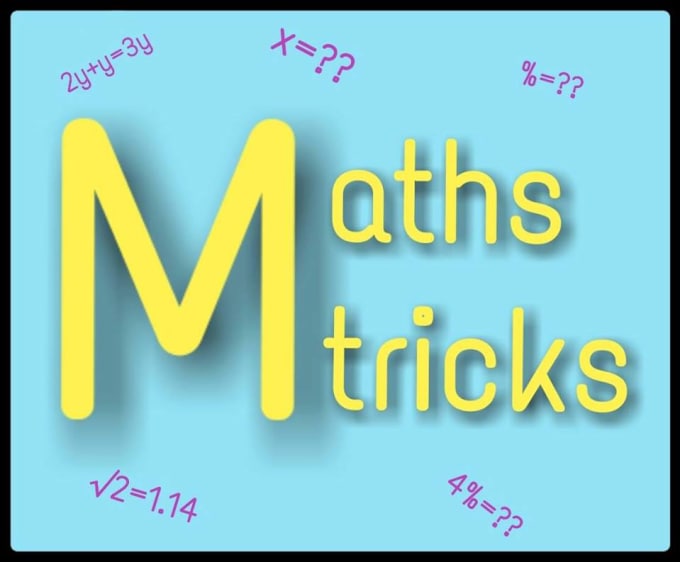CODING
1. Learn by doing. Always play with the code while learning.
With every new subject, the sooner you start playing with the code, the faster you will learn the given concepts. Even if you blaze through an entire chapter of reading and a topic like for loops seems straightforward so straightforward even a monkey could do it you will still be scratching your head when tasked to implement the code for the first time. You will think, wait, what was that one piece of syntax again? As the saying goes, you need to use it or lose it, because despite the evolution of technology, this ole proverb holds true when learning to code.
Hint: Build a project as you go through the material. A personal project is often the best starting point.
2. Grasp the fundamentals for long-term benefits
As elementary as they may appear at first, programming fundamentals always need to come first: the better you understand them, the easier it is to learn more advanced concepts. From our experience at Coding Dojo, students who rush through the beginning of our courses where we focus most on web development fundamentals are often the first to get stuck as we transition into more advanced material, such as back-end programming. So before you ditch the first class of computer science 101, or skip chapter one of an online tutorial, keep in mind that you are overlooking the most important step in your learning.
Hint: Read this great article about the 5 Basic Concepts of Any Programming Language
3. Code by hand. It sharpens proficiency and you will need it to get a job
Computer monitors become thinner, hard drives lighter, and programming languages more powerful, but coding-by-hand still remains one of the most effective methods to learn how to program. Be it on a whiteboard or notebook, coding-by-hand requires further caution, precision, and intent behind every line of code. Because unlike on a computer, you cannot run hand written code midway through the sheet to check if the work is correct. Although more time consuming, this restriction will mold you into a more fundamentally sound developer, both in the classroom and the job market. For college exams and technical interviews a critical component of the job interview process you will have to code-by-hand, because not only is this good for learning, but it is universally known to be the ultimate test for a programmer's proficiency. So start early and get used to this old-school practice.
4. Ask for help. You will need it
As awesome as it would be to become the next Steve Jobs on your own, the reality is that people learn faster with mentors and peer feedback. What may seem like an immovable bug or an unlearnable topic could be quickly alleviated by a fresh pair of eyes or a new interpretation of the subject. Whether it is online or in-person, ignore the trolls and dont be afraid to ask for help, because every programmer has been in your shoes before. Besides, most developers love to code, and if there's one thing that passionate individuals enjoy, it is to share their knowledge with others.
Word of Warning: At Coding Dojo we suggest using the 20 minute rule. Take at least 20 minutes to figure something out on your own before asking for help. There's a good chance that the answer is already in front of you, and besides, struggling makes you a better programmer overall.
Hint: Stackoverlfow and reddit's learn programming subreddit are gold mines for online programming assistance.
5. Seek out more online resources. There's a wealth of content
If a particular concept doesn't make sense, be it on codeacademy, in a textbook, or during class lecture, maintain your confidence and look for alternate online resources to learn the same content. Everyone learns differently, and just because one source doesn't make sense, doesn't mean there's something wrong with you. It means that you're not clicking with the delivery of the material. The online resources to learn computer programming are endless, and there's always a reddit post, youtube tutorial, or blog explanation that will make the material-at-hand crystal clear.
Hint: Don't underestimate the power of google search.
